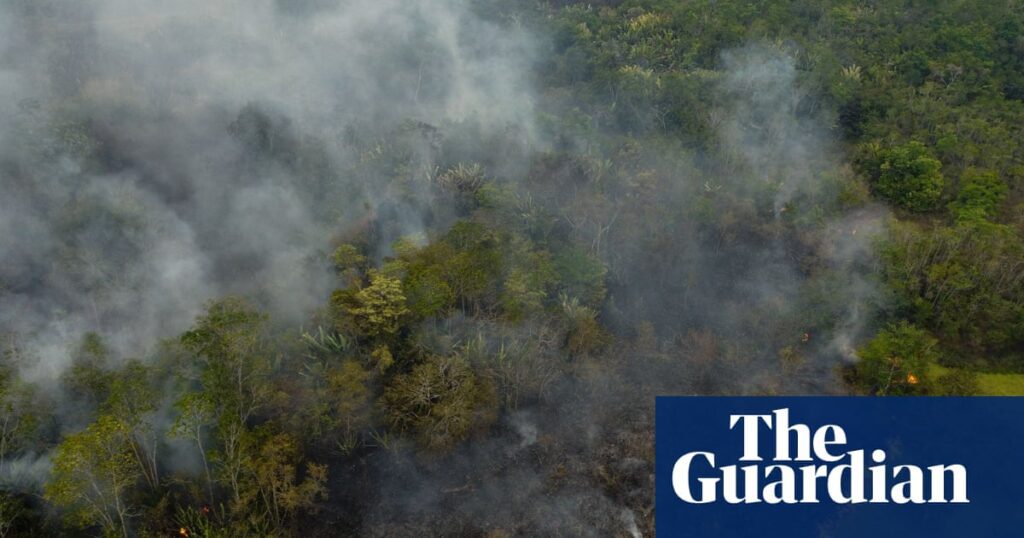A recent report has highlighted a “dire” state of the world’s forests, posing threats to human well-being. Despite commitments from world leaders to halt deforestation, forest losses have increased significantly since 2021, with 8.1 million hectares lost in the past year alone—more than during the COP26 conference. The study reveals that the financial system disproportionately supports industries responsible for deforestation, providing $409 billion in subsidies to agriculture and logging compared to just $5.9 billion for forest protection annually.
Fires, especially in the Amazon, have exacerbated the situation, releasing seven times more carbon dioxide last year than in previous years, pushing forests closer to irreversible damage. Major banks have profited from lending to companies contributing to deforestation, with U.S., EU, and Chinese banks collectively earning billions since the Paris Agreement.
Amid these alarming trends, COP30 in Brazil aims to foster discussions on solutions, including a proposed $125 billion conservation financing mechanism named the Tropical Forest Forever Facility. While the report paints a bleak picture, it suggests that financial reforms and initiatives like the TFFF could drive transformative change, urging financial institutions to adopt more robust deforestation policies to align with sustainability goals.
Source link


